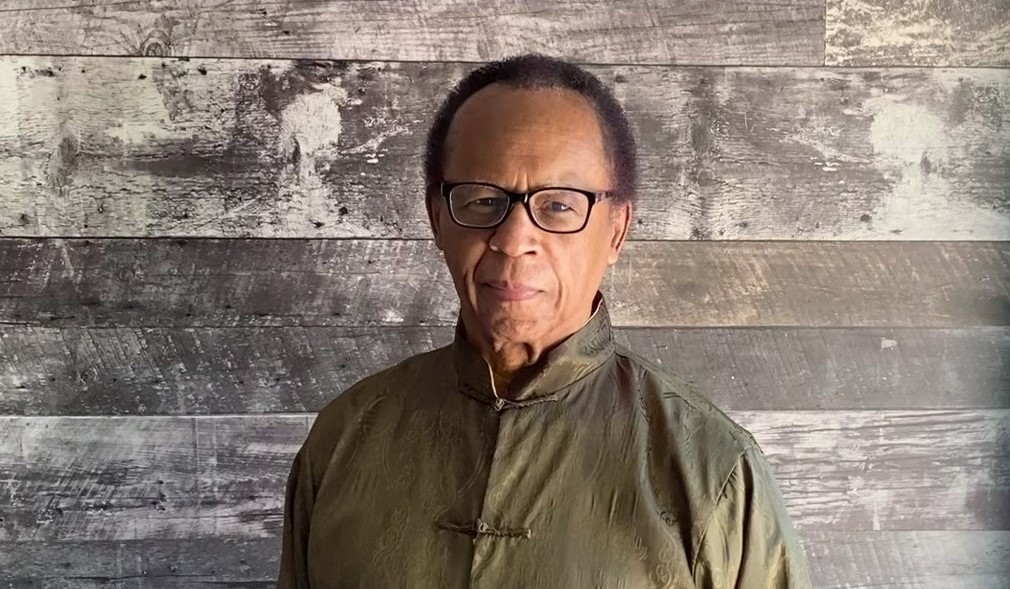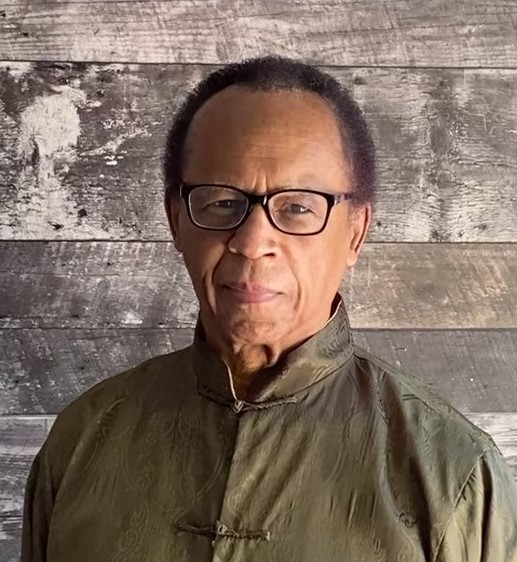
Black Canadians see workplaces as epicentres of racism, while 90 per cent see it as a serious problem in the criminal justice system
New national survey looks at the experiences of Black Canadians and other racialized groups across the country
TORONTO, June 13, 2023 – Black Canadians see workplaces as the epicentre of racial discrimination and unfairness, according to the Black Canadian National Survey (BCNS) research project by York University’s Institute for Social Research (ISR).
Led by York University Professor Lorne Foster of the Faculty of Liberal Arts and Professional Studies and ISR director in partnership with the Canadian Race Relations Foundation, the final report of the BCNS survey looked at social, political and economic ties between races and ethnicities.

“That was one of the biggest surprises or confirmations that I received is the recognition that the work world is really the epicentre of experiences of discrimination,” says Foster, adding employers should keep human rights principals and equity, diversity and inclusion goals front and centre.
The survey found 75 per cent of Black Canadians experience racism in the workplace and think it's a problem. Seventy per cent of other non-white people also see workplace racism as a serious or very serious problem, while 56 per cent of white Canadians believe it is a minor issue or not a problem.
In addition, 47 per cent of Black people surveyed believe they have been treated unfairly by an employer in hiring, pay or promotion in the last year, compared to 15 per cent of Canadians.
“What this survey confirms is there is not only a strong legacy of racism in Canada, but it has profoundly and enduringly permeated our systems and structures. Even more disturbing, however, is how racism is moving from blatant and overt to more subtle, covert expressions of it,” says Foster, York Research Chair in Black Canadian Studies and Human Rights (Tier 1).
“A proactive examination of organizational culture, attitudes, norms and shared perspectives in workplaces, health care, child serves, education, policing and the criminal justice system is urgently needed.”
Criminal justice system, health care and social services
In addition, 90 per cent of Black Canadians experience racism in the criminal justice system as a serious problem, followed by 82 per cent of Indigenous people. The data reveal that Black people, both men and women, report being unfairly stopped by police more than any other group in every region of Canada in the last 12 months, highlighting a deep trust deficit between Black communities and policing in this country.
LINK TO INFOGRAPHIC/FACT SHEET: https://www.yorku.ca/news/wp-content/uploads/sites/242/2023/06/CRRF_BIC_FactSheet_EN_2023-FINAL-2.pdf
“The data that we collected reveals that there is a deep trust deficit that exists between Black communities and police services across Canada,” says Foster. “More than one in five Black Canadians reported they had been unfairly stopped by police last year. That was about double any other racial group, and more than five times whites across the country from coast to coast.”
About 10 per cent of non-white and Indigenous groups and five per cent of white Canadians indicated they have been unfairly stopped by police, according to the report.
Foster says surprisingly, the largest disparities were in Atlantic regions, where 40 per cent of Black males said they were unfairly stopped, and in British Columbia, where 41 per cent said the same. This compares to 31 per cent in Quebec and 30 per cent in Ontario. “What’s surprising about that is many people think racial profiling is a big city phenomenon, but we found it’s more a national phenomenon.”
“The only way systemic discrimination and systemic racism can be adequately addressed is to arm the decision makers in these sectors, in this case the criminal justice and policing sector, with the disaggregated data they need to make change. This data is long overdue,” says Foster.
He adds that this finding really has potential for changing the narrative on race and policing in Canada.
Across multiple sectors
The biggest overall surprise, says Foster, was the stark contrast in life experiences of racialized groups, particularly the Black and Indigenous groups, across multiple sectors of society, including education, health care, child services, criminal justice and policing and the workplace.
Black Canadians experience racism in health care with 70 per cent saying they think racism is a problem, followed by 59 per cent of Indigenous people. In childcare and social services, 80 per cent of Black and Indigenous Canadian recognize racism as a severe problem, particularly in child protection and foster care systems.
For Indigenous people, racism is seen to be more acute in the health care, child protection and foster care systems than in other sectors.
Racism in Canada and racial identity
The survey also found that racial identity is most important to Black Canadians (56 per cent) compared to other groups as follows – Indigenous people (25 per cent), East Asian or South-East Asian (22 per cent), other Non-White (27 per cent) and white people (10 per cent).
Racism continues to be pervasive in this country with seven of 10 Black Canadians saying they experienced unfair treatment because of their race, while close to five out of 10 Indigenous, East Asian and South-East Asian people, say they experienced unfair treatment.
The pandemic, for example, has disproportionately affected East Asian and South-East Asians. About 47 per cent now saying they experience a fear of being threatened or physically attacked since the start of COVID-19. The absence of disaggregated race data during this time, has only masked the problem.
“The survey shows racism in Canada is multi-faceted and multi-sectoral with overlapping layers, that reach all facets of social life, but it radiates primarily from the labour market, the epicentre of racist discrimination and unfairness to people of colour,” says Foster. “Racism is so deeply enmeshed that it often appears natural and normal, which makes it more challenging to identify and rectify.”
Some 84 per cent of Black people and 70 per cent of Indigenous people see racism as being more serious throughout Canada than in their own neighbourhoods.
“I am hopeful that change will come,” says Foster.
The survey was co-sponsored by the Multicultural History Society of Ontario with funding from the Social Science and Humanities Research Council of Canada.
About the survey
The report for the Black Canadian National Survey, considered the first-of-its-kind, was released today looking at the experiences of Black Canadians across the country, as well as the effects of racism on other non-white groups. The researchers conducted a national web survey of over 5,000 respondents and a national Black community web survey, along with a wiki survey with a total of 10,199 votes. The goal is to provide disaggregated data to better understand race-based structural vulnerabilities and systemic barriers so that evidence-based strategies and plans can be created to close equity gaps and promote level playing fields.






